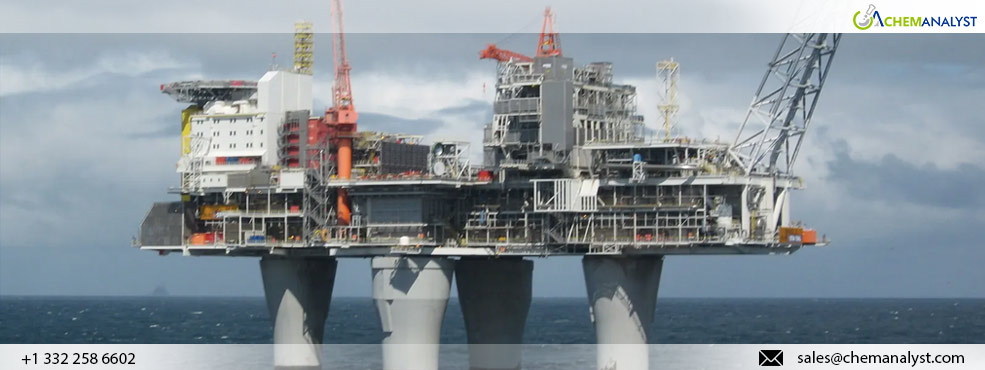Welcome To ChemAnalyst

Venezuela's state-owned oil company PDVSA has entered into two agreements with Nigerian firm Veneoranto to advance exploration of offshore natural gas reserves. The signing ceremony occurred on Thursday at the Miraflores Presidential Palace, where Venezuelan Oil Minister Pedro Tellechea and Veneoranto representative Arthur Eze formalized agreements to evaluate the "technical-economic feasibility" of two gas fields: Barracuda in the Gulf of Venezuela and Boca de Serpiente on the Deltana Platform near the eastern maritime border. According to Venezuelan officials, these fields together contain an estimated 30 trillion cubic feet (tcf) of natural gas. The goal of the agreements is to validate these reserves and potentially elevate Venezuela to the position of having the fourth-largest natural gas deposits globally, given that the country currently has 200 tcf certified.
President Nicolás Maduro welcomed the new investments and called for increased foreign involvement in Venezuela’s energy sector. During a televised broadcast, Maduro emphasized Venezuela’s readiness for fair and mutually beneficial contracts with international partners. He also showcased a range of opportunities for global investors in the oil and gas industries. “I am pleased that the natural gas processes are accelerating,” Maduro remarked. “Soon enough, we will be exporting natural gas to Africa.”
Veneoranto is a newly formed subsidiary of Atlas Oranto Petroleum, a Nigerian multinational corporation owned by Arthur Eze, one of Africa's richest individuals. Atlas Oranto, headquartered in Abuja, operates projects across 11 African countries. Venezuela has been actively seeking private sector investment to revive its energy industry, which has been significantly impacted by U.S. sanctions. Since 2017, the U.S. Treasury Department has imposed various sanctions, including a financial embargo and secondary sanctions aimed at restricting Venezuela’s oil revenues. In April, the U.S. reintroduced broad sanctions following a six-month waiver that had permitted PDVSA to export crude oil without restrictions. Companies dealing with Venezuela now require U.S. Treasury authorization under the threat of secondary sanctions. It is currently unclear whether Atlas Oranto sought or received approval from the Treasury Department.
The Maduro administration has particularly highlighted investment prospects in its largely untapped natural gas reserves. Unlike joint oil ventures, Venezuelan law does not mandate that PDVSA hold a majority stake in gas projects, allowing private enterprises to potentially own the entire share. Recently, Venezuela also signed two offshore gas agreements with Trinidad and Tobago.
For these projects, Trinidad, Shell, and BP needed to secure U.S. Treasury licenses to negotiate with the Maduro administration, as U.S. officials aimed to prevent Venezuela from receiving any direct cash payments from the agreements. In both instances, PDVSA does not hold any ownership stakes, with Venezuela's role limited to collecting taxes and royalties.
We use cookies to deliver the best possible experience on our website. To learn more, visit our Privacy Policy. By continuing to use this site or by closing this box, you consent to our use of cookies. More info.
